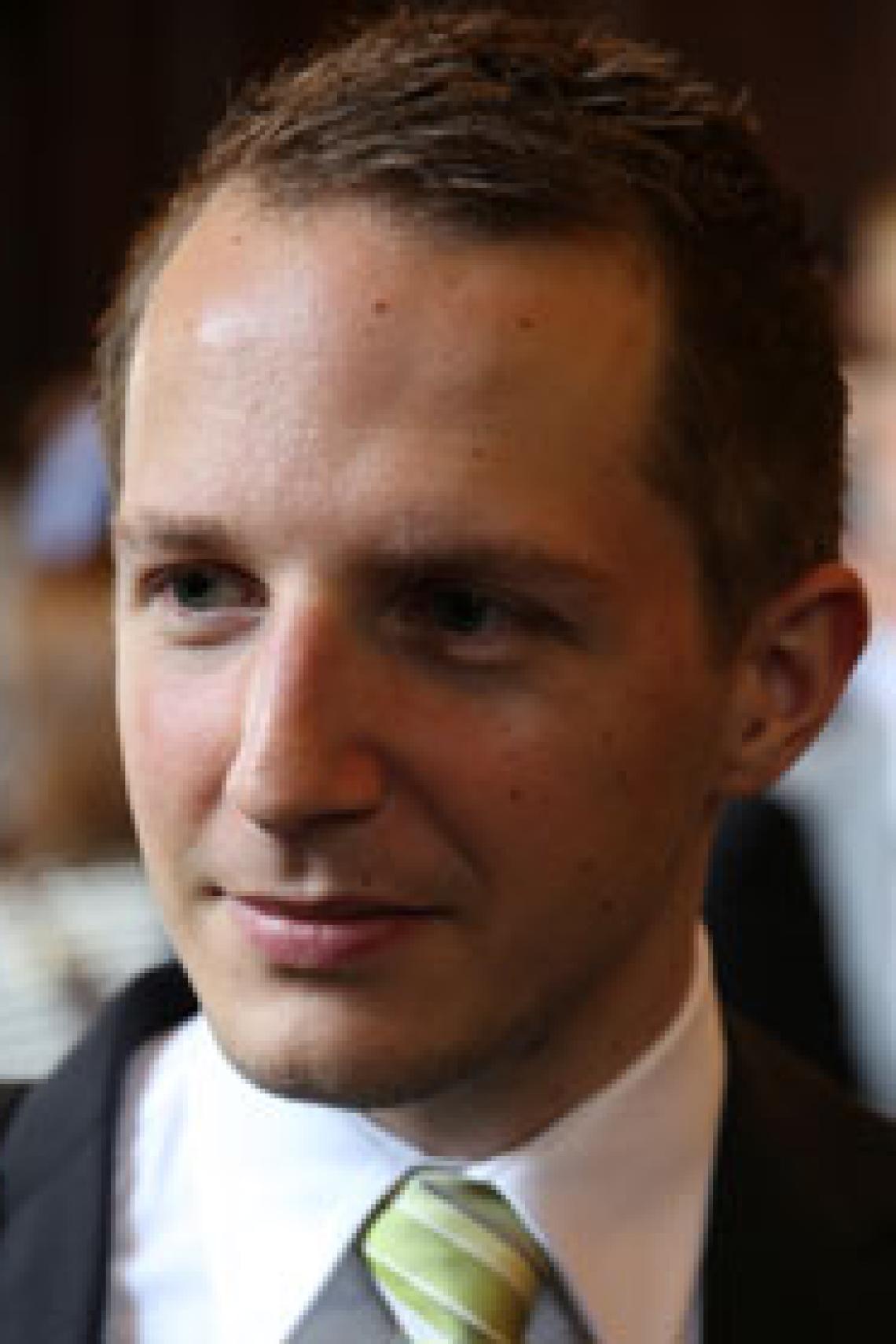ODID alumnus wins two new grants to fund socio-medical research in Southeast Asia
ODID Alumnus Dr Marco J Haenssgen has won two research grants from the UK Economic and Social Research Council (ESRC) to support socio-medical research in Southeast Asia.
An ESRC award of £237,633 enables Marco and his collaborators to study health behaviours in rural Thailand and Laos in the context of antimicrobial resistance (AMR).
AMR is a global health threat that endangers the achievement of the Sustainable Development Goals, especially Goal 3 on "Good Health and Well-Being." Leading UK and global strategy papers aiming at improving people's antibiotic usage to fight and prevent AMR thereby focus exclusively on awareness-raising campaigns, but this narrow approach suffers from conceptual, methodological, and empirical weaknesses. In response, this study intends to improve the understanding of patients' antibiotic-related health behaviour to inspire more targeted and unconventional interventions in low- and middle-income countries. The project tackles three research questions:
- RQ1. What are the manifestations and determinants of problematic antibiotic use in patients' healthcare-seeking pathways?
- RQ2. Will people's exposure to a behavioural health systems intervention diffuse or dissipate within a network of competing healthcare practices?
- RQ3. Which proxy indicators facilitate the detection of problematic antibiotic behaviours across and within communities?
- The 20-month research project is hosted by the Oxford Mahidol Tropical Medicine Research Unit (MORU) in Bangkok and involves survey data collection from 4,800 villagers across Thailand and Laos.
Under the umbrella of the Oxford Tropical Network, the project is made possible through collaboration across world-leading researchers and groups in health behaviour research (KEMRI Wellcome Trust Research Programme; Kenya), health economics and public engagement (MORU in Thailand; Lao Oxford Mahosot Wellcome Trust Research Unit [LOMWRU] in Laos), evidence-based antibiotic policy (Oxford University Clinical Research Unit; Viet Nam), social network analysis (CABDyN Complexity Centre; Oxford), development economics (ODID’s Technology and Management Centre for Development [TMCD]; Oxford), and global health training (Centre for Tropical Medicine and Global Health; Oxford).
Marco’s collaborators (in alphabetical order) include former ODID DPhil Dr Proochista Ariana (CTMGH, TMCD), Prof Phaik Yeong Cheah (CTMGH, MORU), Prof Caroline OH Jones (CTMGH, KEMRI-Wellcome Trust Research Programme Kenya), Dr Yoel Lubell (CTMGH, MORU), Prof Mayfong Mayxay (LOMWRU), Prof Paul N Newton (LOMWRU), Prof Felix Reed-Tsochas (Saïd Business School), Prof Heiman FL Wertheim (Oxford University Clinical Research Unit), and Dr Giacomo Zanello (University of Reading), formerly a TMCD Research Officer.
In addition, Marco, Prof Phaik Yeong Cheah, and Dr Giacomo Zanello have been awarded an ESRC Impact Acceleration Award (supported by the Global Challenges Research Fund) of £7,399 to support the development of social research capacity for tropical medicine in Southeast Asia. Research capacity especially related to health behaviour research and the evaluation of public engagement activities to communicate research outcomes is increasingly demanded yet in persistently short supply in Southeast Asia. In a series of seminars and workshops at MORU in Bangkok, the team will bring together clinical researchers, public engagement specialists, social scientists, evaluators, and non-academic partners from health policy and practice, media, and the performing arts from Thailand, Laos, Cambodia, Vietnam, and the UK.
As both awards involve extensive capacity building activities, Marco’s projects aim to strengthen social research skills in Southeast Asia in an effort to complement the cutting-edge clinical research in tropical medicine within the Oxford Tropical Network.

